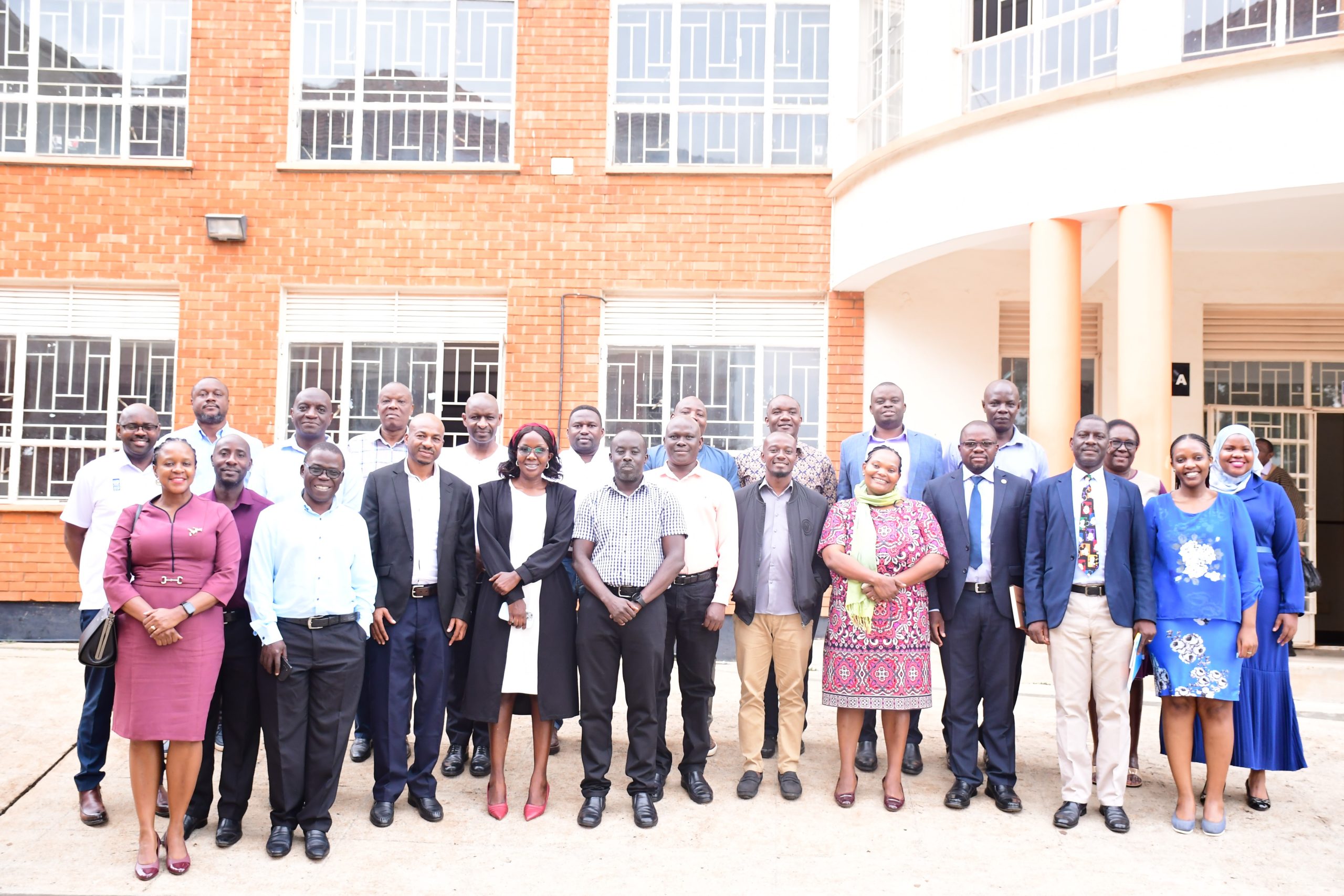The College of Business and Management Sciences (COBAMS) at Makerere University hosted a two-day (2nd to 3rd July 2025) Doctoral Supervision training, involving some of the academic staff and other external participants. These included PhD Supervisors from the College of Agricultural and Environmental Sciences (CAES), College of Veterinary Medicine, Animal Resources and Bio-Security (COVAB), College of Business and Management Sciences (COBAMS), and Kabale University.
With the goal of equipping PhD Supervisors with tools for ethical and impactful mentorship to improve PhD students’ quality of research and academic excellence, the training was attended by over 20 participants.
The training was timely following the influx of PhD admissions and the University’s target to increase the number of Graduate admissions from 17% to 30%. To achieve this increment, COBAMS believes in collaborative efforts with the Emerging and Re-emerging Infectious Disease (TERID), Empowering Academic Supervision Training in Eastern Africa: Sparking Potential, Advancing Research, and Knowledge (EAST-SPARK), the Center for Teaching and Learning Support (CTLS) under the College of Education and External Studies (CEES), and the Directorate of Graduate Training at Makerere University.
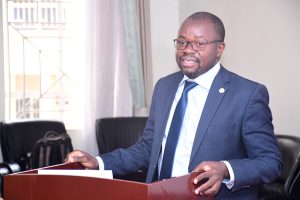
Addressing the participants on Day-One, Associate Prof. Ibrahim Mike Okumu, Dean of the School of Economics, representing Prof. Edward Bbaale, Principal of COBAMS, commended the organizers of the training for planning and executing the workshop. “We need to appreciate the fact that each PhD student has a dream, and it’s your solemn responsibility to nurture this dream. So, this training is towards the unison of Graduate training and PhD research,” he stated.
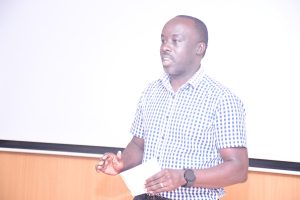
Dr. Drago Kato Charles, a trainer and a Senior Lecturer at the Department of Biomedical Laboratory Technology at COVAB, underscored the importance of Doctoral studies as one of the foundations for building local capacity both, for innovations in the country and internationally.
“It is at the PhD level, for example, where policies are made. After conducting research, you are expected to write a policy brief or a knowledge brief. This because PhD research is supposed to yield policy change,” he stated.
Reflecting on the importance of the Doctoral Supervision training, the Acting Director of Graduate Training at Makerere University, Associate Prof. Julius Kikooma said: “Through this engagement, we remind each other, that the process of supervising graduate research is very vital and there needs to be seamless progression of graduate students.”
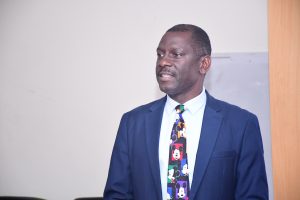
To ensure that there is smooth progress and academic excellence of graduate students, Associate Prof. Kikooma pointed out that he often engages students to set their expectations at the start of the supervision, which guides them throughout the period of their studies.
He encouraged the PhD supervisors to use the training as an opportunity to identify and understand best practices for engaging with students, in order to motivate, and enhance their quality of research and academic performance. “Try to be more creative and innovative in how you approach these best practices. It is only then that we will be confident that the cadre we are training will be a new set of talent that the University needs,” he added.
Day one of the training included modules such as: Introduction to PhD supervision, Selecting, recruiting, and accepting PhD candidates, Designing a feasible PhD project, Supervisory relationships with candidates, and Internationalization of doctoral training. These modules sparked off an interactive session involving facilitators and participants discussing the various issues encountered during the supervision process of PhD students, and articulated innovative ways to tackle them.
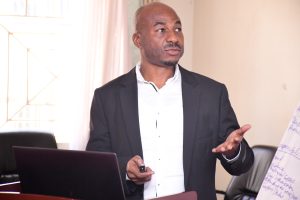
Presenting on designing a feasible PhD project, Dr. Tukae Mbegalo, one of the facilitators from Mzumbe University, Morogoro Main Campus in Tanzania, emphasized the need for the supervisors to align their supervision process with their fields of expertise. “As a supervisor, you need to supervise students who intend to conduct research in your area of specialization. It is easier for you to add value to their field of research or advise on the articles to read,” he said.
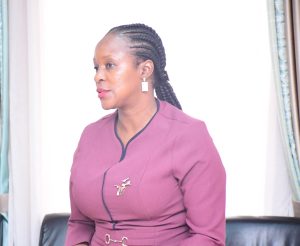
Dr. Dorothy Sebbowa Kyagaba, Head of the Center for Teaching and Learning Support (CTLS) at Makerere University, encouraged PhD supervisors to focus more on the internationalization of doctoral education and broaden their networks globally. “Update and share your profiles on professional networks such as ResearchGate and LinkedIn for international visibility. This will enable you to get more students to view your profiles, and they will later request you to supervise them,” she said.
She advised the supervisors to develop skills for working in a cross-cultural context, embrace student mobility and co-author with international students to boost the internationalization of doctoral education.
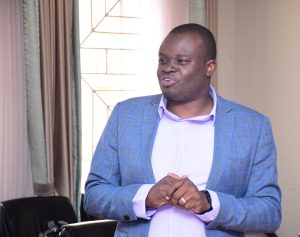
Dr. Stephen Ojiambo Wandera, a Senior Lecturer at the Department of Population Studies, School of Statistics and Planning under COBAMS, and the Coordinator of the training, reiterated Makerere University’s goal to be a research-led institution. “In respect to Makerere University’s strategic direction of being a research-led institution, we need to set a strong foundation and create a conducive environment for graduate students to succeed academically. It is important that supervisors are well trained and equipped with the skills necessary for mentoring Masters’ and PhD students,” he said.

